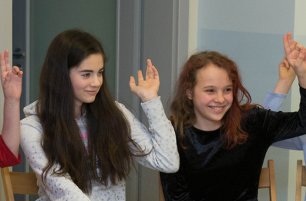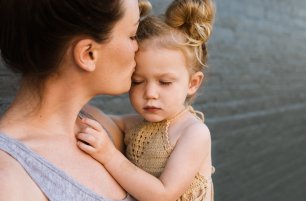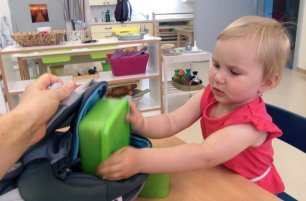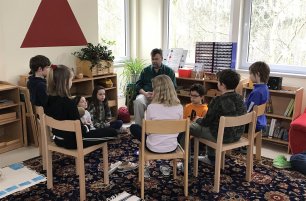IMSP Podcast: Meet Alumna Karolína Muchová
This week, our host Mariana Bečková chats with IMSP alumna Karolína Muchová. Born and raised in Prague, Karolína always knew she wanted to pursue her university education abroad. Press play to learn how IMSP prepared her for a rigorous high school experience and eventually, her choice to enroll at the University of Chicago in the United States. Between authentic one-on-one support and a personalized curriculum designed by IMSP teachers, Karolína shares how her experience with Montessori set her up for success as she spread her wings around the globe.

In Karolína’s own words:
“My name is Karolina Muchova and I am currently 20 years old. I have been a part of IMSP since primary school, so I have spent more than 8 years in the Montessori community. After leaving, I started studying at Novy PORG high school. From there I left to study at the University of Chicago where I am currently a rising third-year student. Along with my studies, I also try to devote time to countless hobbies which are mostly focused on sports as I have been doing professional synchronized swimming for my entire life up until my last year of high school. However, I also try to branch out in other directions and so I am currently a part of an on-campus fashion blog MODA where I run a series about coffee.”
Twenty years ago, IMSP opened its door for the first time. This podcast series follows Mariana Bečková— IMSP alumna and graduate of the program — as she shines a light on her fellow Montessori graduates. Celebrating our 20th anniversary, we are taking time to reflect with students who have been with us along the way. Tune in and learn more about their experience in the IMSP classroom and what Montessori means for them today.






